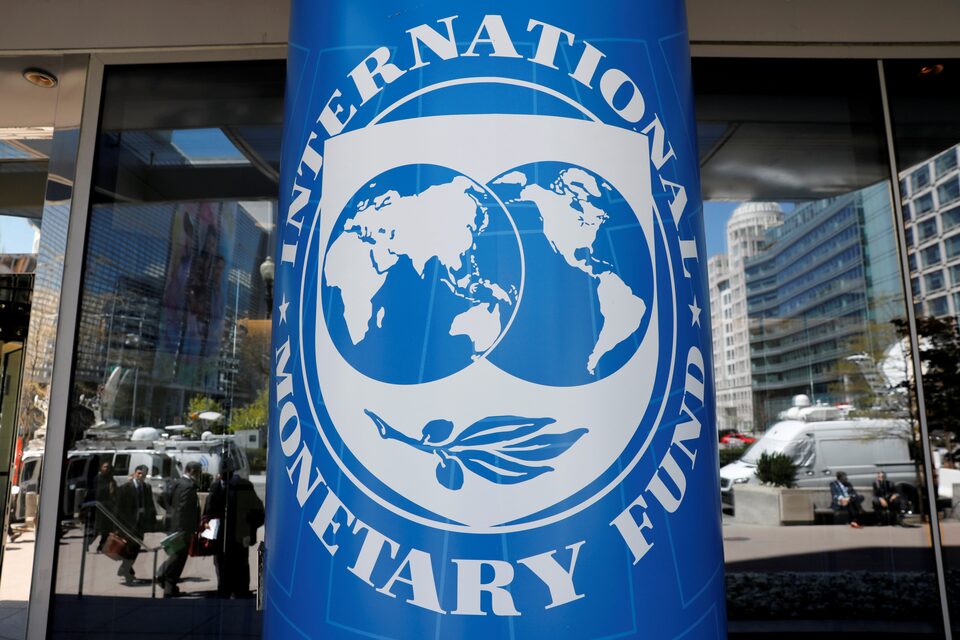The evaluations of international organisations, most recently the International Monetary Fund (IMF) and Fitch rating agency, confirm the satisfactory performance of the Cypriot economy. The growth rate reached 2.5 per cent in 2023, while it is expected to fluctuate between 2.5 and 3 per cent over the coming years.
Taking into account the prevailing adverse factors, such as geopolitical tensions and high interest rates, this performance may be considered positive. In fact, Cyprus’ economic growth currently exceeds the average growth rate of the eurozone and is supportive towards the continued influx and establishment of foreign companies in our country, primarily in the high-tech sector.
Unemployment hovers around 6 per cent, exhibiting a downward trend and reflecting labour shortages, which are covered by foreign labour. Inflation is approaching the long-term target of 2 per cent, benefiting from a number of factors which have been conducive until now, such as stable oil prices, falling food prices, moderate wage increases and high interest rates.
Surpluses in public finances contribute to a downward trend in the sovereign debt, thus creating margins for supporting public investments. In parallel, a noticeable improvement in the banking sector is observed, as reflected in the country’s biggest banks’ strong profitability, capitalisation and liquidity ratios.
Regarding the overall macroeconomic picture, the IMF points to the following weaknesses: (a) increased risks due to excessive reliance on the real estate construction sector, (b) persistently high deficits in the current account of the country’s balance of payments, reflecting an excessive private corporate debt, and (c) elevated long-term expenditure needs, in order to address the demographic and pension fund challenges, as well as the climate transition, estimated at 2.5 per cent of GDP. It is noted that other studies present the costs of climate change at much higher levels.
In the field of social policy, the IMF proposes to replace generic subsidies for electricity and oil prices (a politically sensitive issue) with targeted social measures for the benefit of vulnerable groups. In terms of structural changes, the IMF correctly identifies the need for reforms and increased efficiency in the areas of justice, public administration and education, as well as aligning the latter with the real long-term requirements and employment prospects of the economy.
In addition to the IMF analysis, it is worth noting: (a) the relatively low level of absorption of funds that are available through the Resilience and Recovery Fund, which places particular emphasis on the climate and digital transitions, two important areas in which Cyprus is lagging behind, (b) the fiscal margin which arises due to the steady decline in public debt, and allows higher public investments to be channelled in the direction of the climate and digital transitions, as well as towards other crucial sectors of the economy with favourable long-term prospects.
In summary, the Cypriot economy currently presents a positive picture in terms of macroeconomic performance. However, it has, so far, failed to grasp the opportunities created by the favourable macroeconomic conditions in order to promote solutions that address structural long-term challenges and which the society requires urgently. Through its assessment, the IMF formulates recommendations, the practical adoption of which would make a substantial positive contribution towards this effort.








Click here to change your cookie preferences